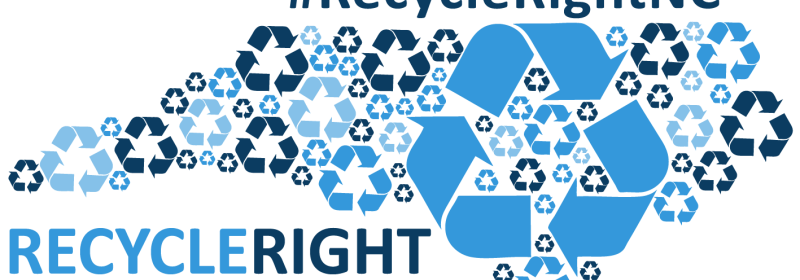Plastic Bags: Effects, Recycling, and Reusability

Plastic bags have become an integral part of our daily lives, offering convenience and portability for carrying groceries, shopping items, and various other goods. However, the widespread use of plastic bags has resulted in a significant environmental impact, prompting concerns about their effects, the need for recycling, and the promotion of reusability. This article delves into the various aspects of plastic bags, highlighting their effects on the environment, the importance of recycling, and the growing trend towards reusable alternatives.
Plastic bags, primarily made from non-biodegradable polyethylene, have become a major environmental concern due to their persistence in the environment. The lightweight and durable nature of plastic bags contribute to their widespread use, but unfortunately, they also make them prone to wind dispersal. As a result, plastic bags often end up as litter in our cities, parks, waterways, and even oceans. The sight of plastic bags caught in trees or floating in water bodies has become all too common, posing threats to wildlife and ecosystems.
The environmental effects of plastic bags are far-reaching. Marine animals often mistake plastic bags for food, leading to ingestion and suffocation. Plastic debris in oceans also contributes to the formation of giant garbage patches, such as the Great Pacific Garbage Patch, which are harmful to marine life and disrupt entire ecosystems. On land, plastic bags take hundreds of years to decompose, releasing harmful chemicals into the soil and water during the process. Additionally, the production of plastic bags requires significant amounts of energy and resources, contributing to greenhouse gas emissions and climate change.
To mitigate the detrimental impact of plastic bags, recycling plays a crucial role. Recycling plastic bags involves collecting, sorting, and processing them into new products, reducing the need for virgin plastic production. Many communities have established recycling programs to encourage the proper disposal and recycling of plastic bags. By diverting plastic bags from landfills and incineration, recycling helps conserve resources, reduce pollution, and minimize the overall environmental footprint associated with plastic bag use.
The recycling process begins with collection. Many grocery stores and supermarkets have dedicated collection bins for plastic bags, providing a convenient drop-off point for consumers. Once collected, the plastic bags are transported to recycling facilities where they undergo sorting and separation. Modern recycling technologies employ automated systems that detect and sort different types of plastic bags based on their chemical composition. This sorting process ensures that only suitable materials are used in the subsequent recycling stages.
After sorting, the plastic bags undergo shredding and washing to remove any contaminants. The shredded plastic is then melted and formed into small pellets or granules known as nurdles. These nurdles serve as the raw material for manufacturing new plastic products. Plastic bags can be recycled into a wide range of items, including new plastic bags, plastic lumber, park benches, and even clothing.
While recycling offers an effective solution to reduce the environmental impact of plastic bags, it is equally important to address the issue at its source. Promoting reusability is a sustainable approach to minimize the use of single-use plastic bags. Reusable alternatives such as cloth bags, canvas totes, and durable shopping bags have gained popularity as eco-friendly substitutes for plastic bags. These reusable options are not only sturdier and capable of carrying heavier loads but also offer a stylish and personalized alternative.
Reusable bags have numerous advantages over plastic bags. They can be used repeatedly, significantly reducing the demand for single-use plastic bags. Many retailers and grocery stores now encourage the use of reusable bags by offering incentives, discounts, or even charging a small fee for plastic bags. These measures help change consumer behavior and promote the adoption of reusable alternatives.
Education and awareness campaigns also play a vital role in promoting the reusability of bags. Public outreach programs, advertising campaigns, and educational initiatives can inform individuals about the environmental impact of plastic bags and encourage them to make more sustainable choices. By highlighting the benefits of reusable options, such as reduced waste generation and conservation of resources, individuals are more likely to embrace a culture of reusability.
In conclusion, plastic bags have significant effects on the environment, posing risks to wildlife, ecosystems, and human health. However, by focusing on recycling and reusability, we can mitigate these effects and work towards a more sustainable future. Recycling plastic bags reduces waste and conserves resources, while promoting reusability encourages a shift away from single-use plastic bags. By incorporating these practices into our daily lives, we can collectively contribute to a cleaner and healthier planet.
References
- https://eu.fayobserver.com/story/news/2021/11/03/nc-answers-what-happens-recycling-bins-landfills/5816988001/
- https://raleighnc.gov/trash-recycling-and-clean/services/recycling-residents
- https://concordncdumpsterrental.com/
- https://echinaexpat.com/lincoln-ne-waste-management-solutions/
- https://echinaexpat.com/new-york-state-junk-disposal-services/
